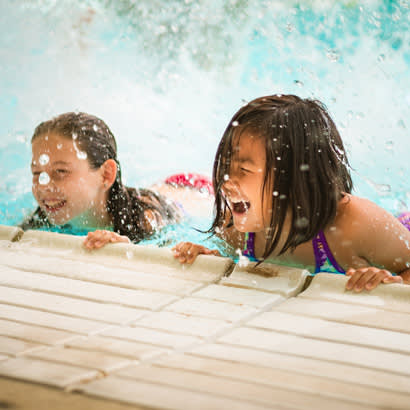More than nine in 10 Americans (95 percent) believe it is important for children to learn how to swim at an early age. Drowning is the number one cause of unintentional death among children ages one to four. According to the 2018 U.S. Consumer Product Safety Commission (CPSC) data, approximately 350 children tragically drown in pools and spas annually. Furthermore, research shows that 64 percent of African-American children and 45 percent of Hispanic children have no/low swimming ability.
Nationwide park and recreation agencies can help. Nearly 70 percent of park and recreation agencies provide aquatics programming, including learn-to-swim lessons and water safety programs for children and adults. In many communities, these low/no cost programs are a lifesaving source of aquatics programming serving all members of the community.
Key Findings
- 95 percent of Americans overall think it is important for children to learn to swim at an early age
- 80 percent say it is “extremely” or “very” important for children to learn to swim at an early age
- Baby boomers (85 percent) are more likely than Americans overall (80 percent) and millennials (73 percent) to think that it is “extremely” or “very” important for children to pick up this skill set early in life
- Parents (96 percent) and non-parents (95 percent) alike agree that children learning to swim at an early age is important


